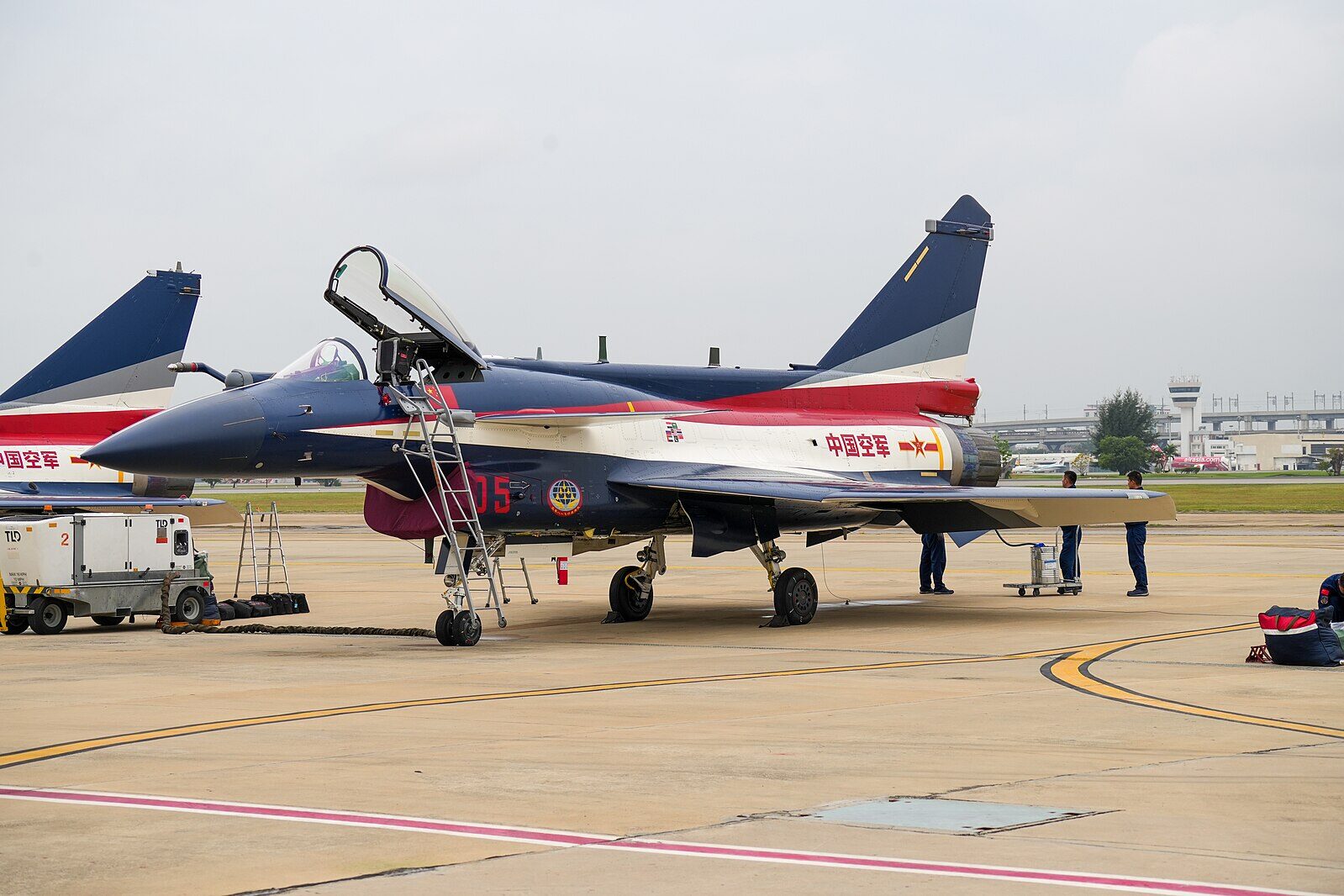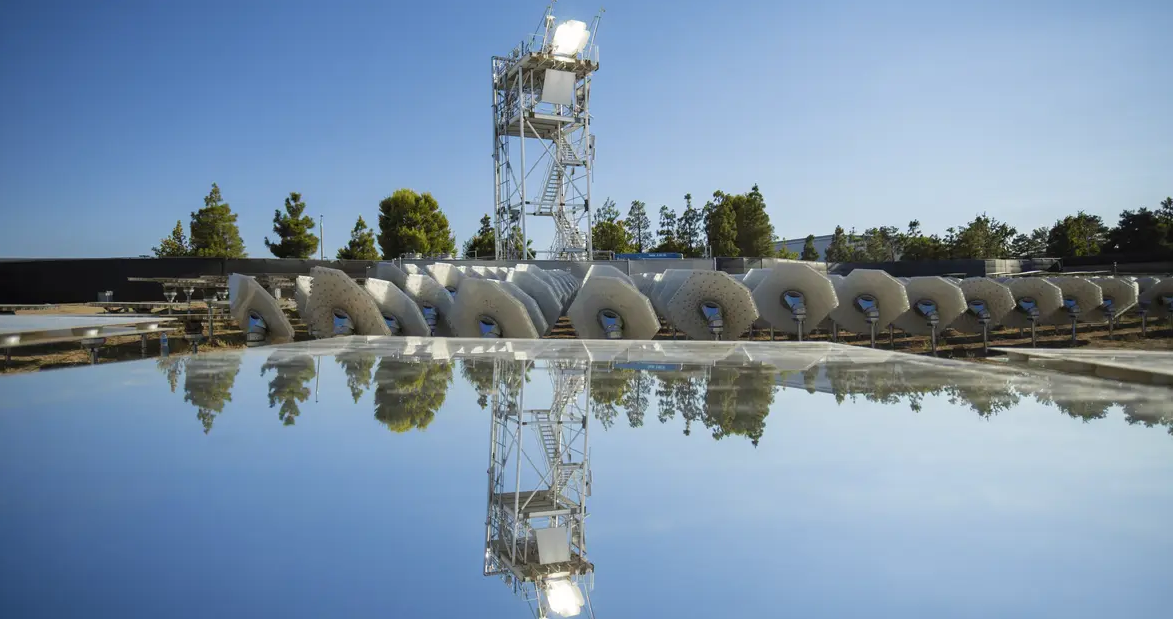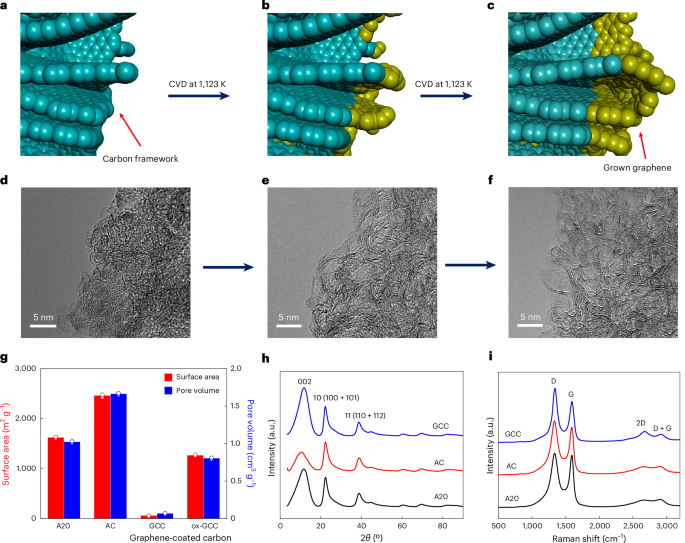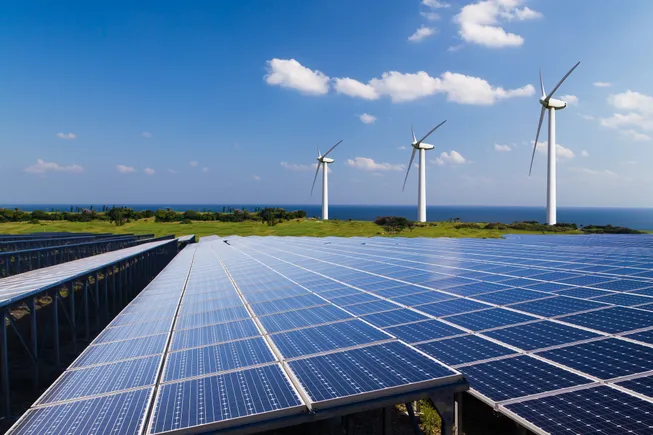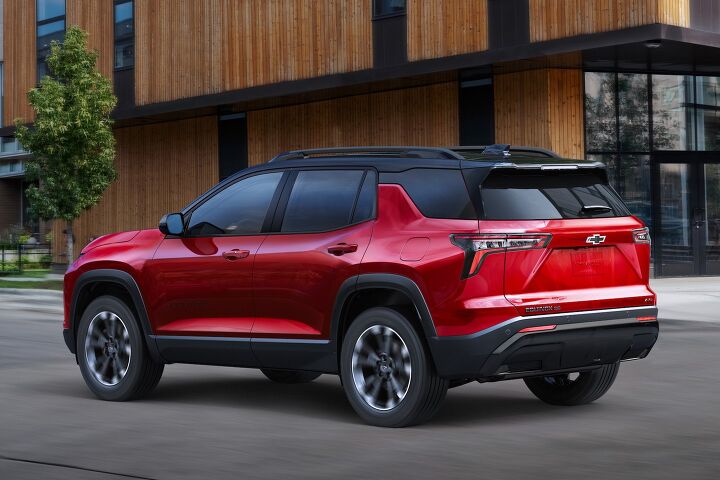Chinese Government Probes Automakers Over Fake Used Cars
Reports have alleged that China’s Ministry of Commerce has been looking into automakers over concerns that they may have misrepresented new vehicle sales. Apparently, there have been a sizable number of “zero-mile vehicles” appearing on used lots, suggesting companies may have been handing brand-new vehicles to dealers at a large discount to help pad monthly sales figures.
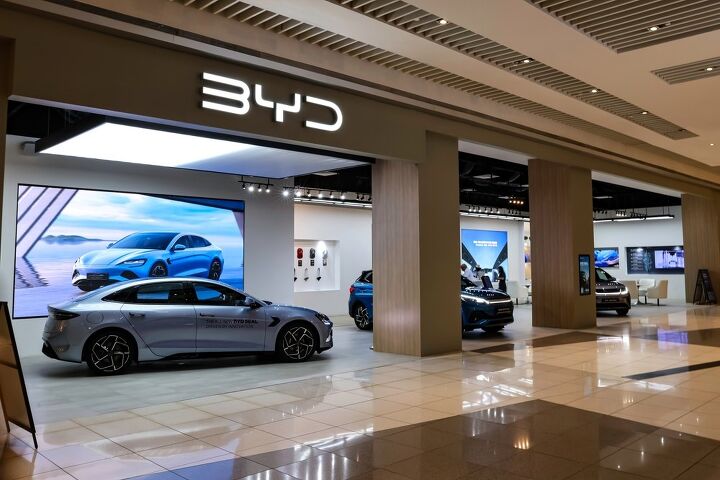

Reports have alleged that China’s Ministry of Commerce has been looking into automakers over concerns that they may have misrepresented new vehicle sales. Apparently, there have been a sizable number of “zero-mile vehicles” appearing on used lots, suggesting companies may have been handing brand-new vehicles to dealers at a large discount to help pad monthly sales figures.
On the surface, this seems like business as usual. Similar to Western markets, China has seen reduced demand for new vehicles and is simply offering discounts to help drive volume. However, according to Bloomberg, the cars were being counted as previously sold to allow the relevant companies to meet preexisting new-vehicle sales targets. This likewise helped appease investors who were starting to shun the industry.
From Bloomberg:
‘Zero-mileage’ cars came to public attention last week, when Great Wall Motor Co. Chairman Wei Jianjun warned of an unhealthy outlook for China’s car industry following a years-long price war.
The practice sees automakers that have failed to meet their sales targets distribute new vehicles to supply chain financing companies or used car dealers, according to the dealers’ association’s Li. These essentially new cars then appear on the resale market with no mileage and manufacturers record them as sales despite not reaching the end-consumer, he wrote on Weibo.
While that would be viewed as fraud in places like the US, it’s not clearly regulated in China, he said. He urged the Ministry of Commerce and China Securities Regulatory Commission to stamp out the practice.
It’s unclear which companies are involved, but Great Wall’s Wei estimated that as many as 4,000 second-hand sellers post ‘zero-mileage’ cars on online platforms.
It’s worth noting that the Chinese government heavily subsidizes its automotive sector, especially where electric vehicles are concerned. The original plan was for this to drive competition and leave the nation with a handful of successful EV brands that survived the battle royale based on which companies had the highest number of sales. Then, those companies would go on to take on the rest of the world.
While a lot of the government assistance dried up in 2022, there remains a significant amount of pressure for brands to maintain a good showing on the home market. It appears as though China is trying to shore up any loopholes that would allow automakers to take advantage of the lingering incentives.
Reuters likewise noted that sales have been down in China of late, resulting in massive price reductions on most models and some lost investment capital. BYD witnessed its shares decline by about 10 percent at the very start of this week after reducing pricing on domestic models by over a third. Other brands have taken a similar approach, with China’s vehicle index estimated to be down anywhere from 2 to 4 percent.
While there is a chance that Western media is hoping to draw attention to China’s automotive woes in a bid to downplay the negative outlook taking place in North America and Europe, this wouldn’t be the first time that Chinese-backed automakers have engaged in some truly stunning levels of fraud to maintain subsidization. This actually encouraged the Chinese government to tighten its reins on the automotive industry in 2017 by placing additional restrictions on illegal registrations and falsified clients.
The current investigation could lead to more of that. China may want to boost vehicle volumes but it’s looking like some automakers may just be using subsidies to pay for those discounts applied to phony secondhand cars. Ironically, this is more or less what’s been happening on Western markets — with the core difference being that nobody appears to be faking new vehicle volumes.
China plans on having numerous meetings about the issue in the coming weeks. In addition to vehicle manufacturers, China’s Ministry of Commerce also plans on meeting with the China Association of Automobile Manufacturers (CAAM), China Automobile Dealers Association (CADA), individual retailers, auction houses, and other relevant groups.

[Images: Dr David Sing/Shutterstock; Robert Way/Shutterstock]
Become a TTAC insider. Get the latest news, features, TTAC takes, and everything else that gets to the truth about cars first by subscribing to our newsletter.












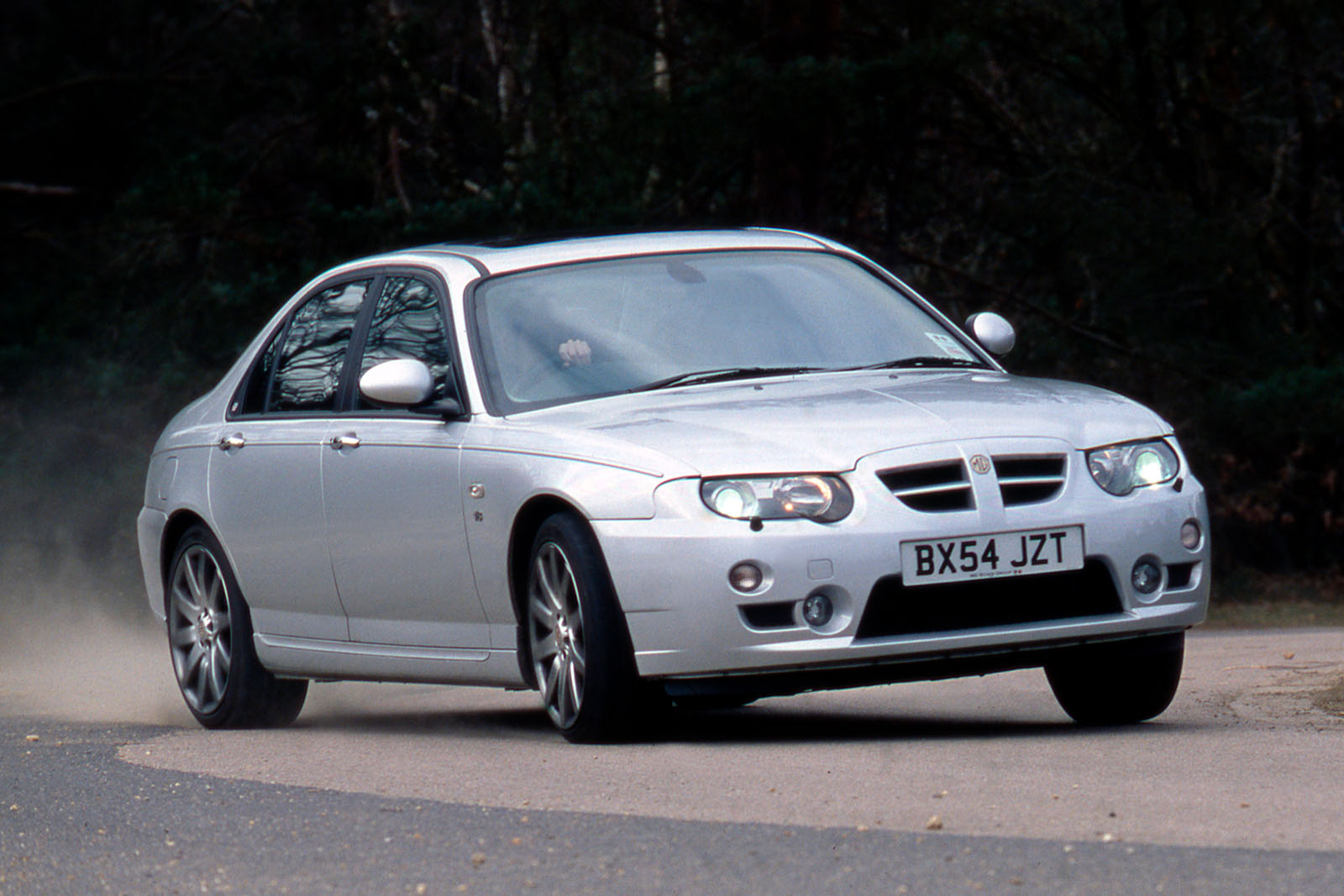
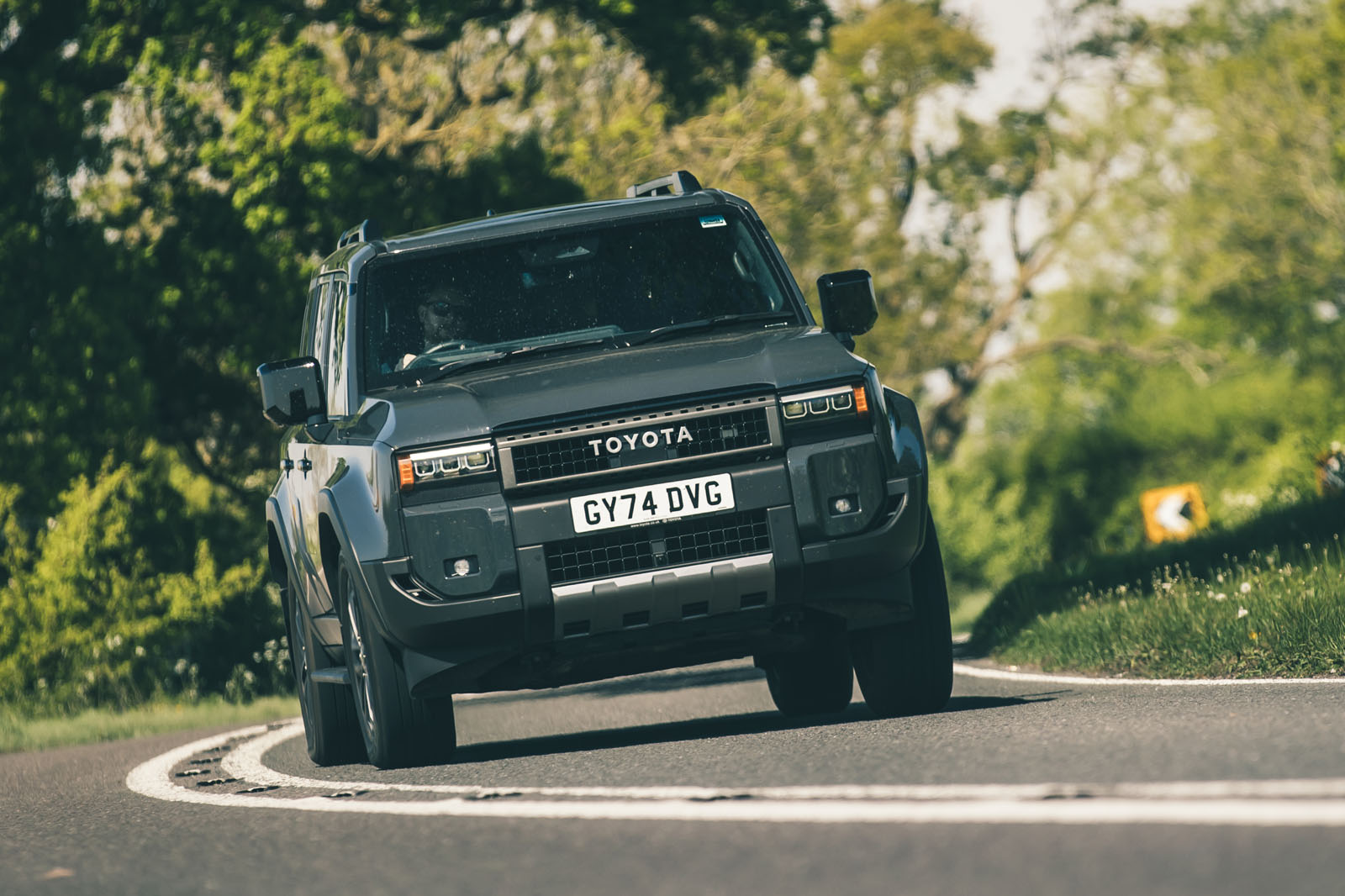
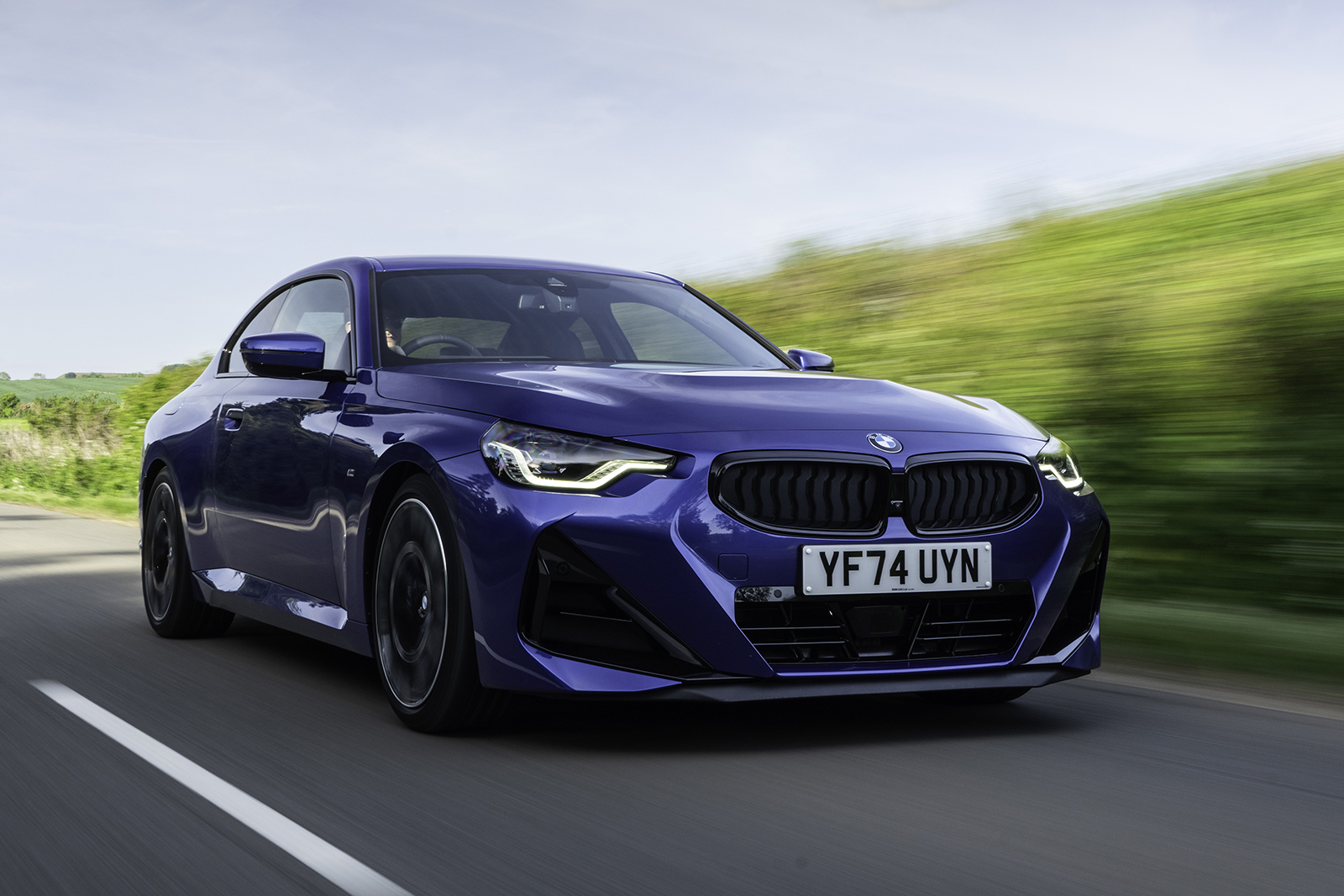










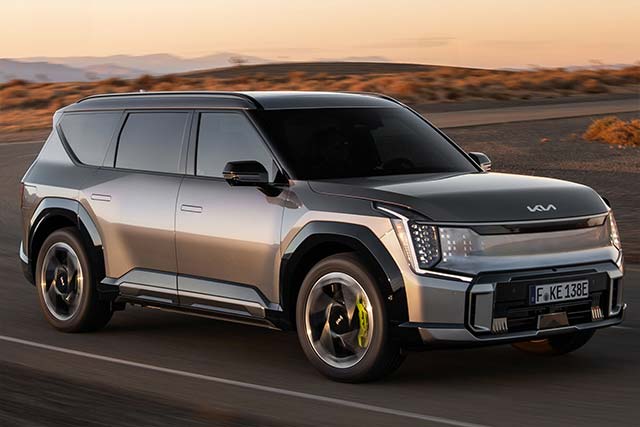


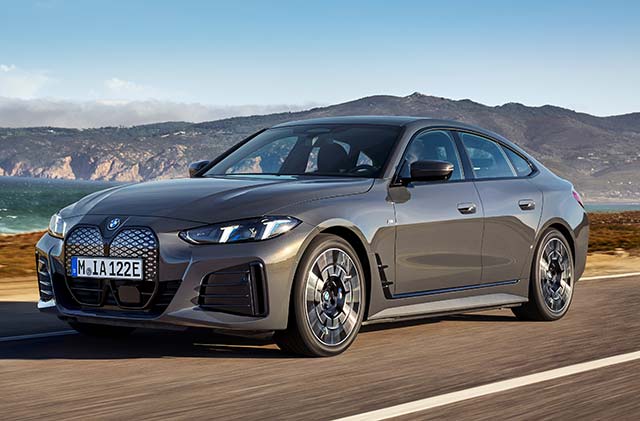
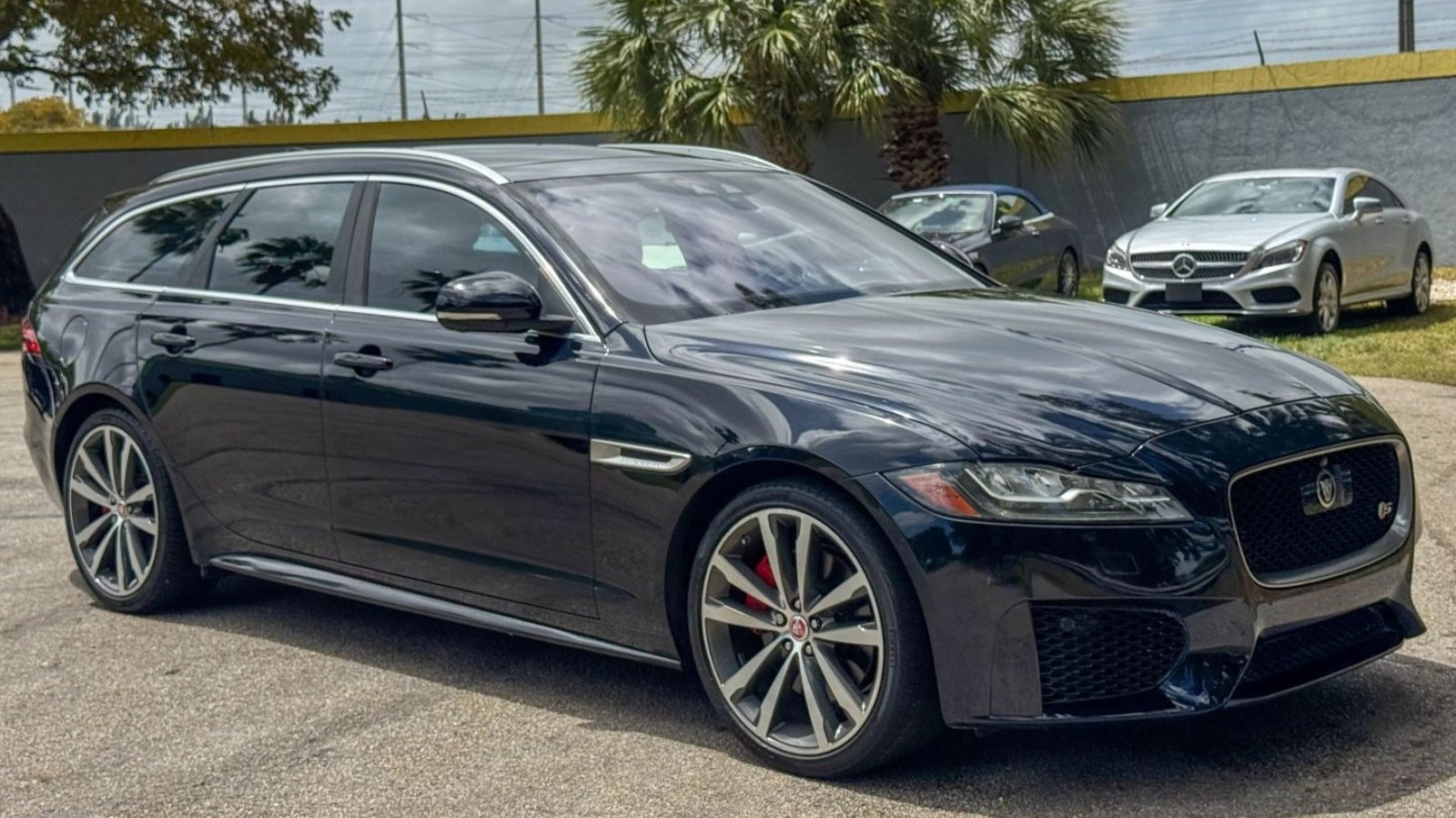

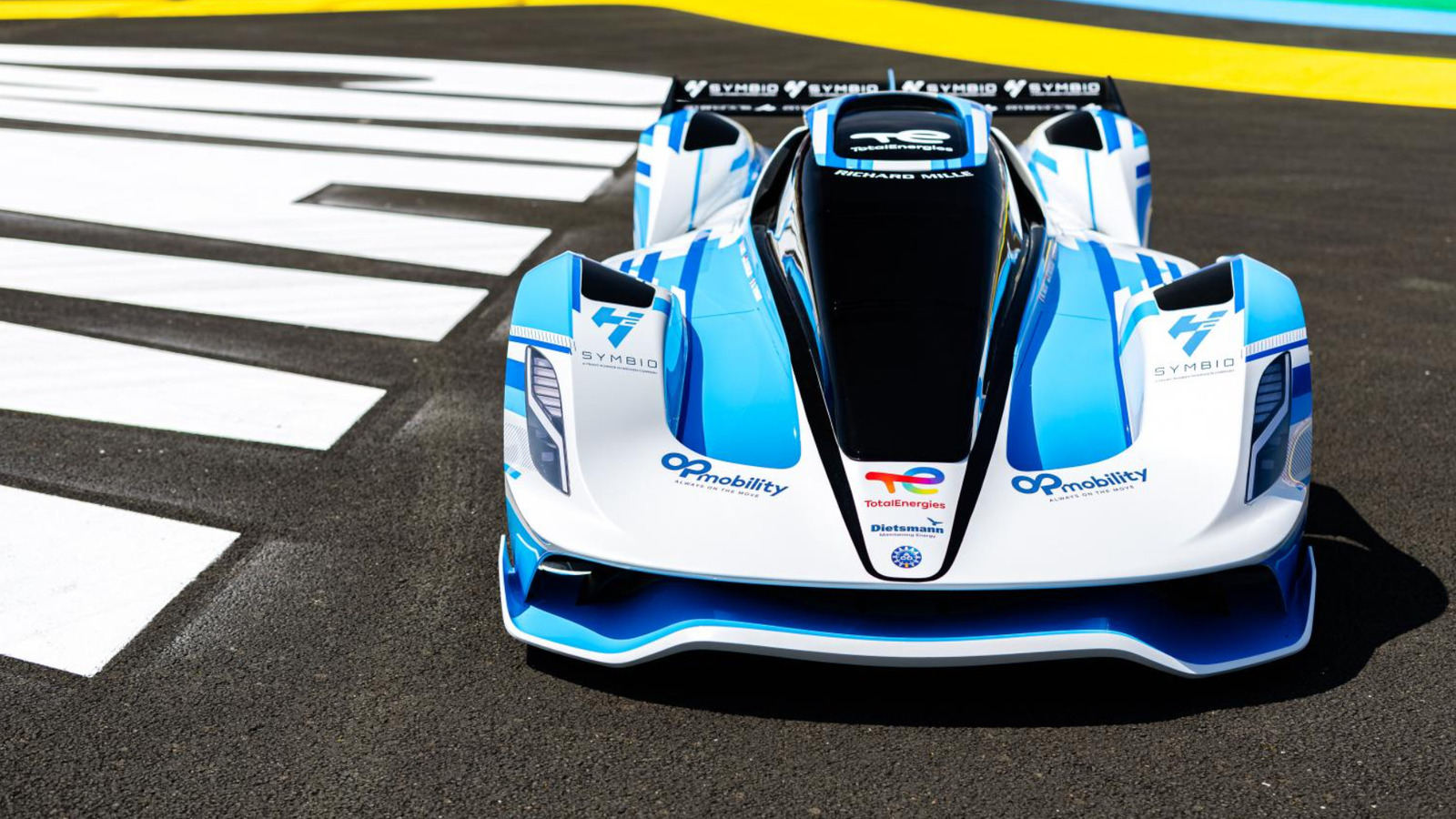
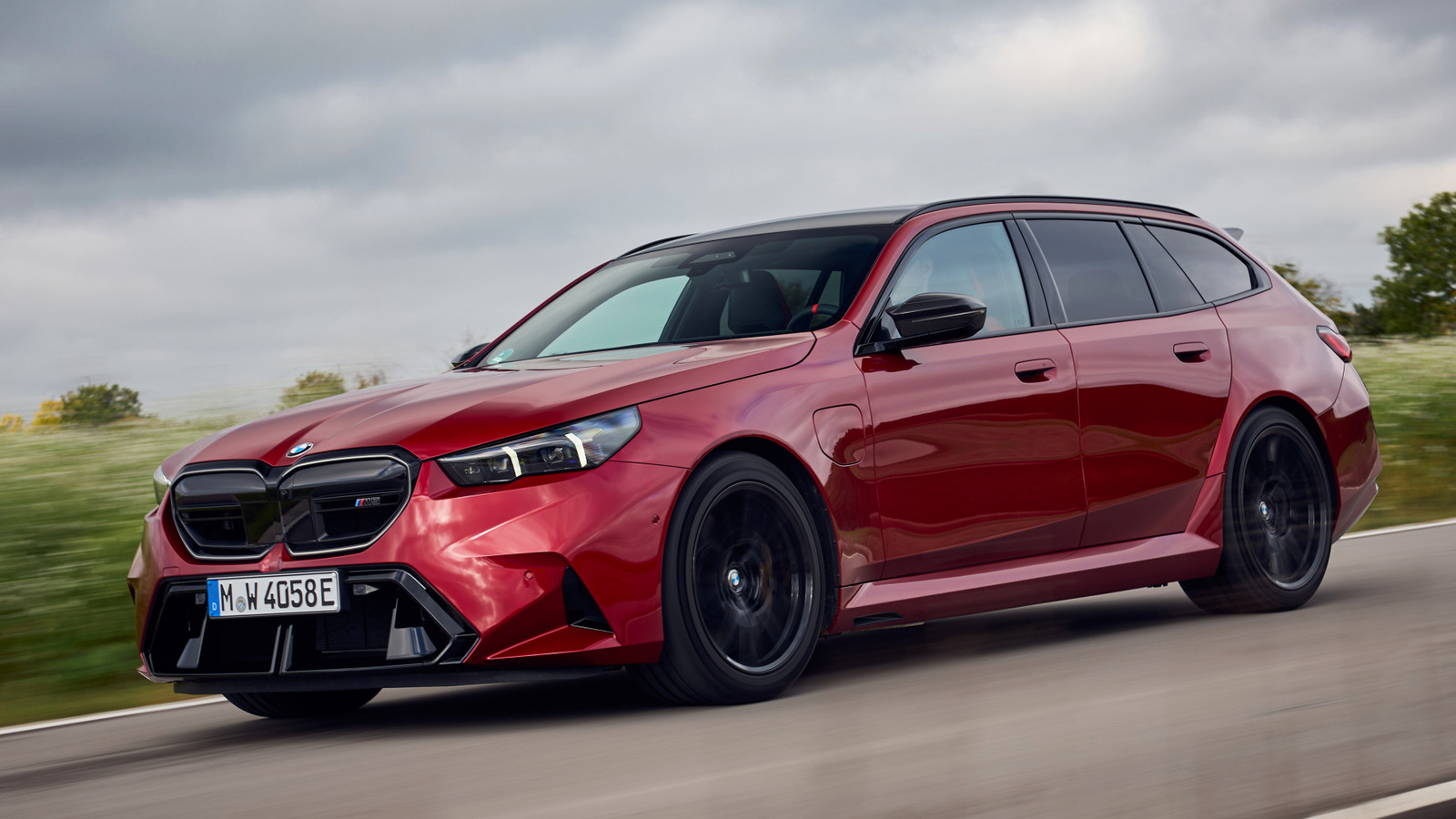























































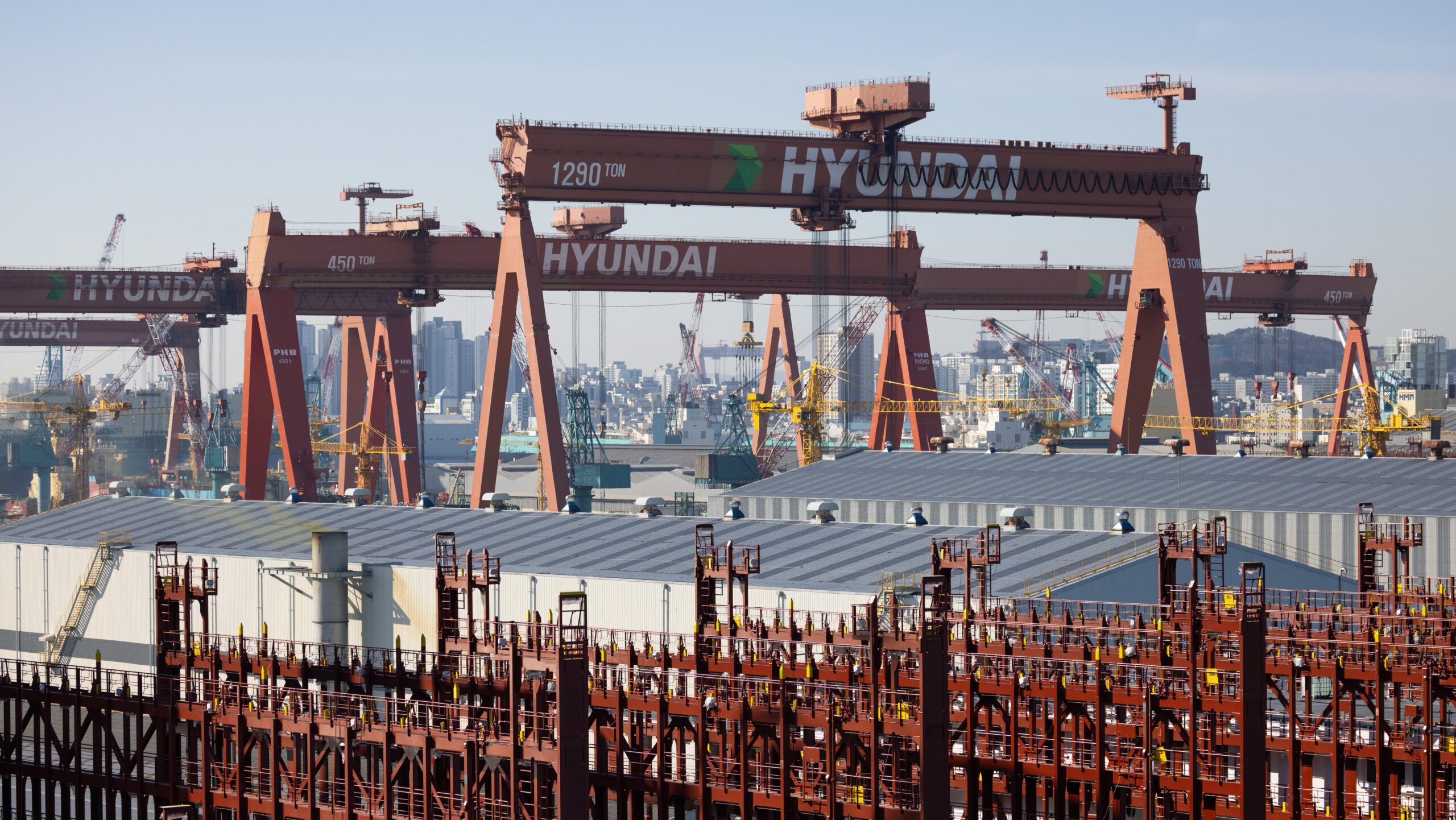
![The F-35’s future: What new weapons, systems are coming to the stealth fighter? [Video]](https://breakingdefense.com/wp-content/uploads/sites/3/2024/09/8603513-scaled-e1725629281248.jpg?#)




















